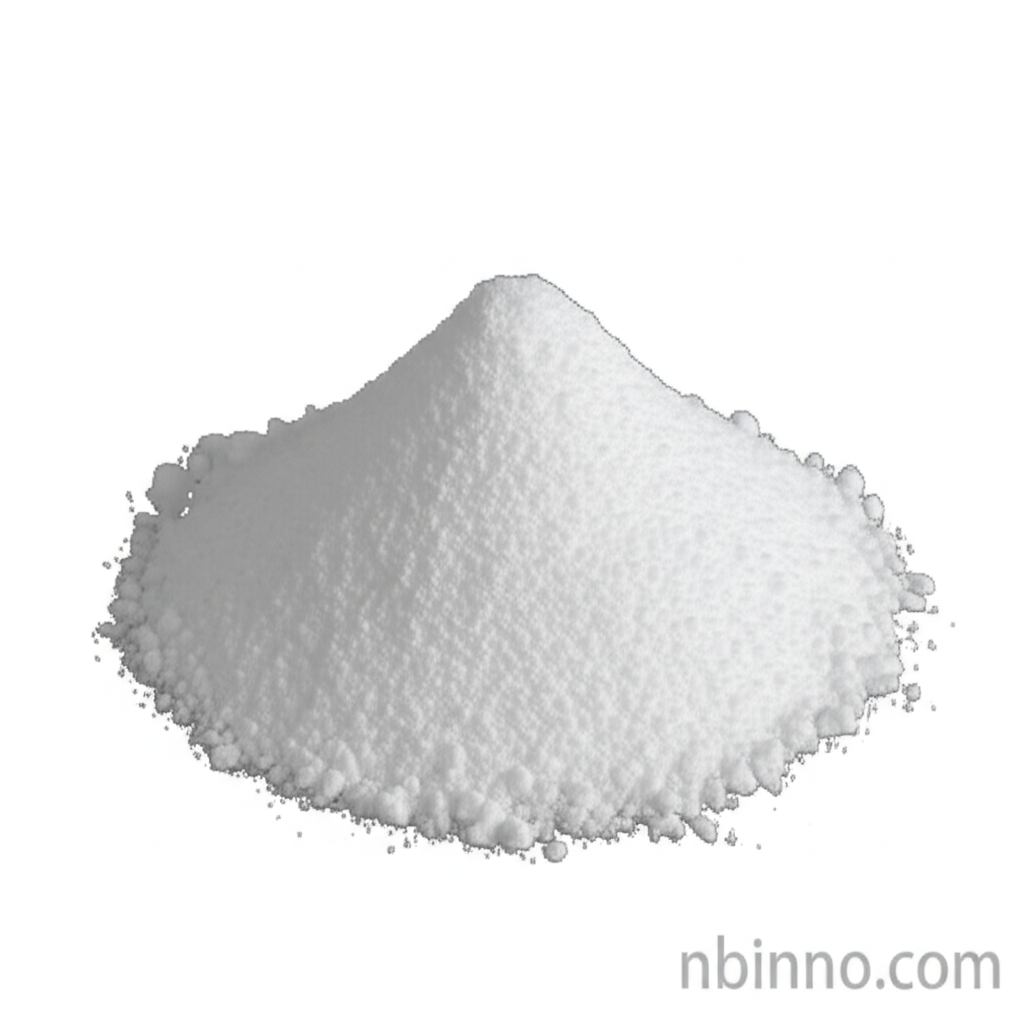Gamma-Aminobutyric Acid (GABA): Your Natural Ally for Calmness and Well-being
Discover the calming power of GABA, the key inhibitory neurotransmitter that balances your nervous system for better sleep and stress management.
Get a Quote & SampleUnlocking the Power of GABA

4-Aminobutyric Acid
Gamma-Aminobutyric Acid (GABA) is the principal inhibitory neurotransmitter in the mammalian central nervous system, playing a crucial role in reducing neuronal excitability. Understanding the balance between GABA and glutamate is key to brain function.
- Discover the GABA neurotransmitter function in promoting relaxation and reducing brain activity.
- Explore the benefits of GABA supplements for overall mental clarity and mood stabilization.
- Learn how GABA for anxiety relief can help manage daily stressors and promote a sense of calm.
- Investigate the role of GABA and sleep quality, understanding its potential to improve rest and recovery.
Key Advantages of Incorporating GABA
Stress Reduction
Leverage the calming effects of GABA to effectively manage stress and promote a more tranquil state of mind, aiding in stress reduction with GABA.
Improved Sleep
GABA's inhibitory nature can contribute to better sleep cycles, making it a valuable component for those seeking to enhance GABA and sleep quality.
Mood Support
By balancing neurotransmitter activity, GABA can support emotional well-being, offering a natural approach to mood enhancement and GABA for anxiety relief.
Key Applications
Neurotransmitter Support
As a primary inhibitory neurotransmitter, GABA is vital for the proper functioning of the nervous system, aiding in the understanding of how GABA works in the brain.
Dietary Supplements
Widely used in supplements, GABA aims to support relaxation and sleep, highlighting the benefits of GABA supplements.
Food and Beverage Industry
GABA is recognized as a flavouring agent and functional ingredient, often found in fermented foods, showcasing diverse GABA in food sources.
Pharmaceutical Development
Research into GABA continues to inform drug development for neurological and mood disorders, examining GABA deficiency symptoms and treatments.
